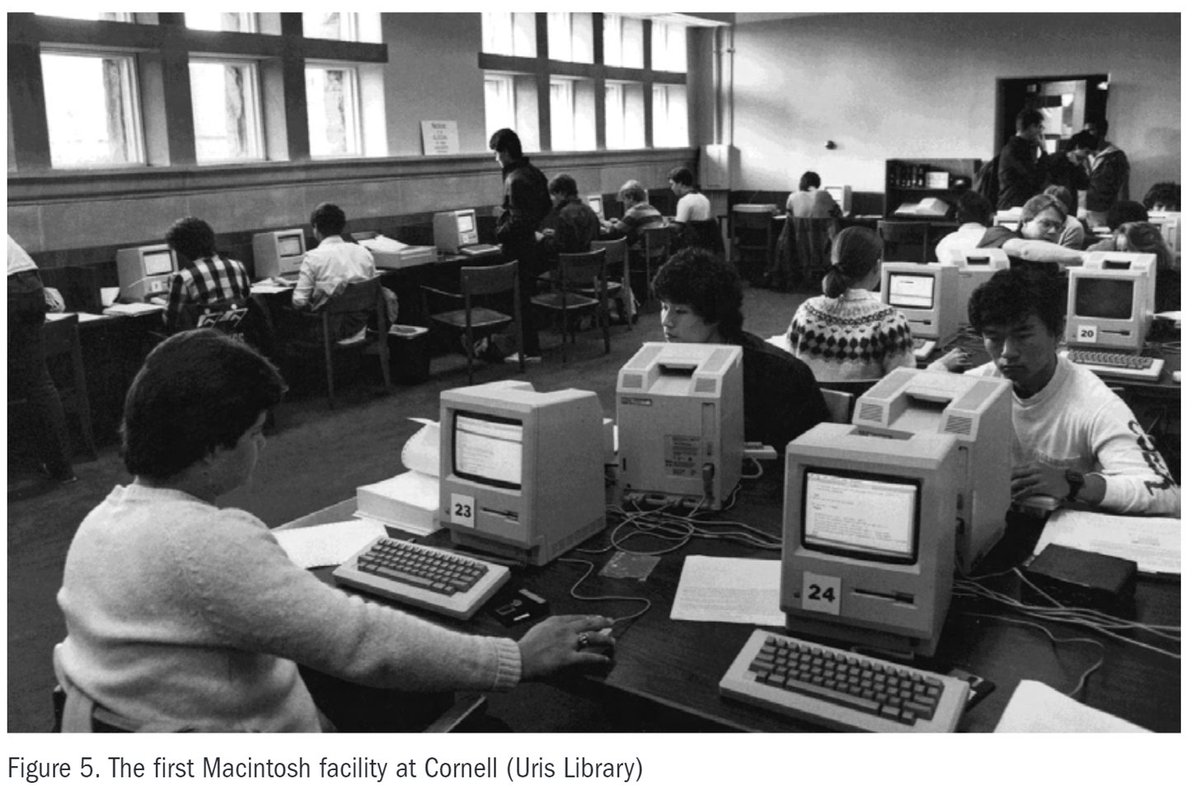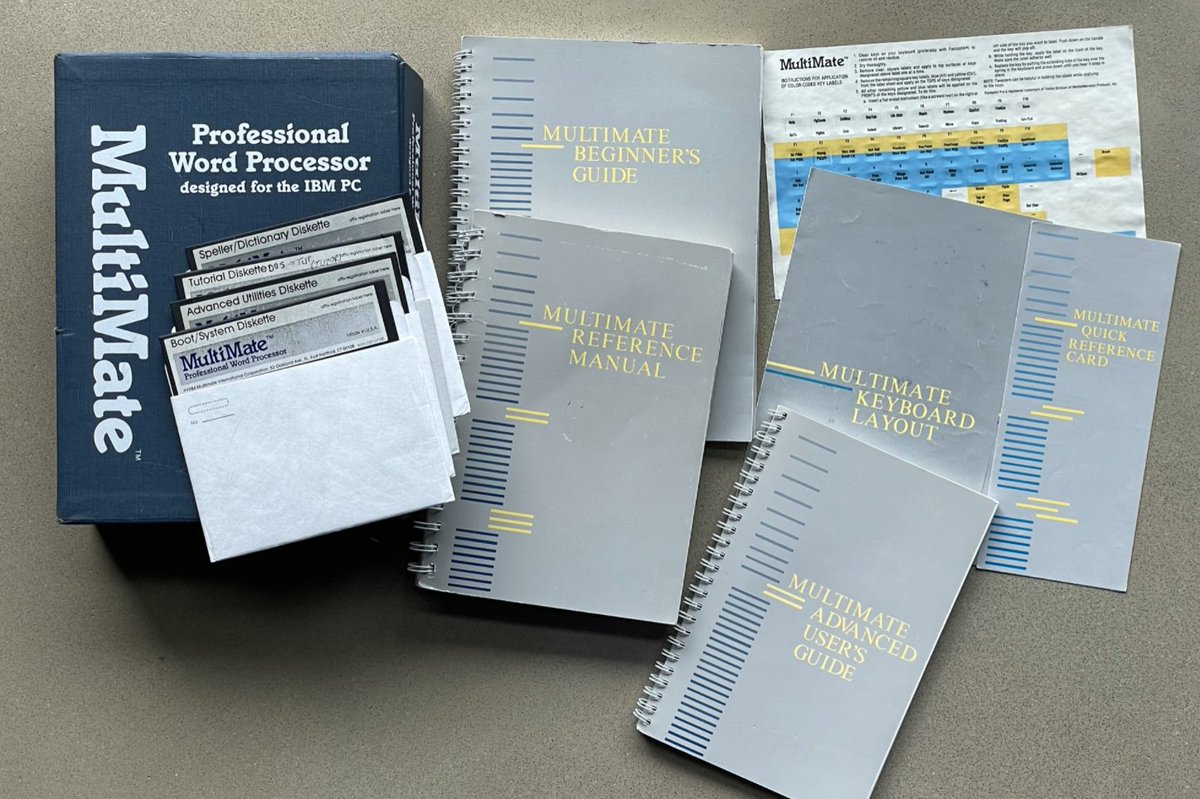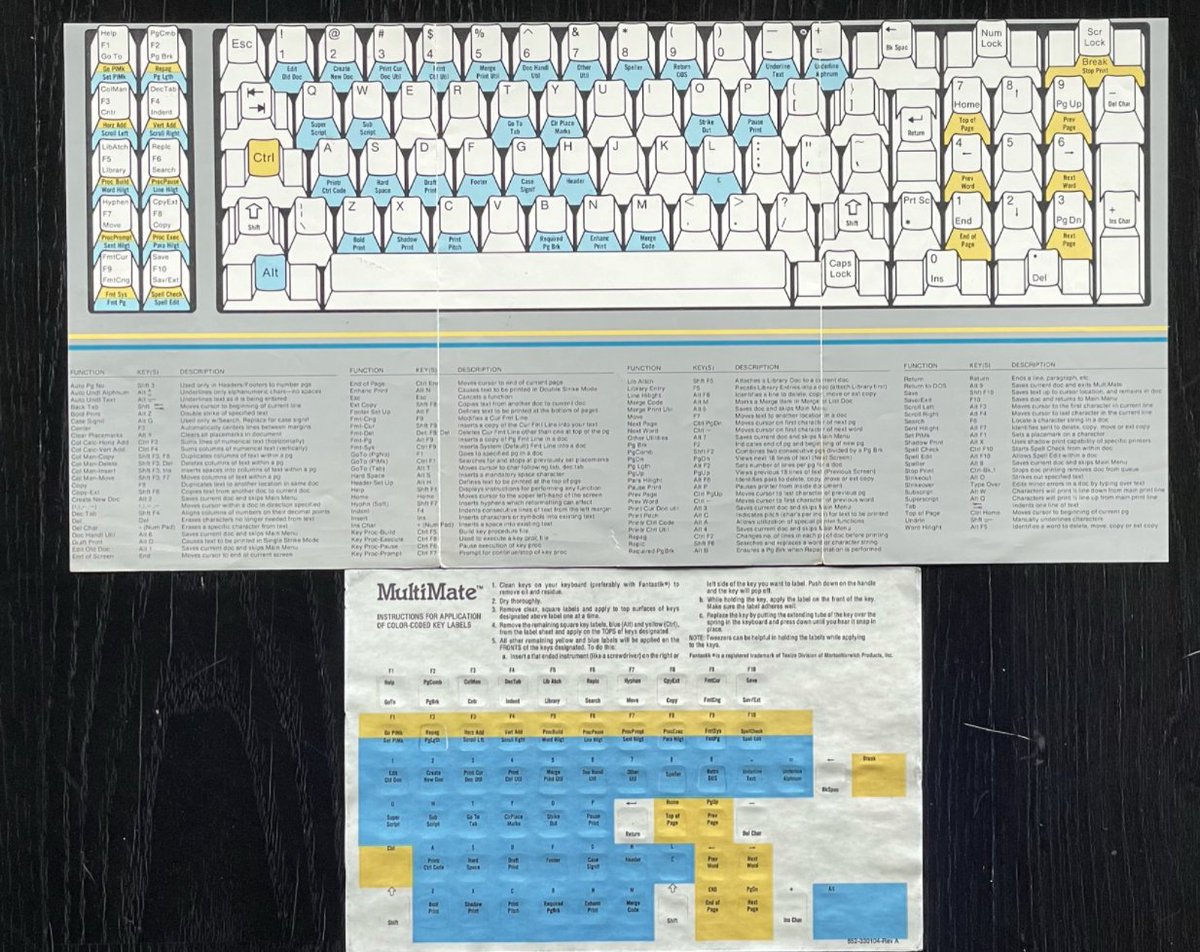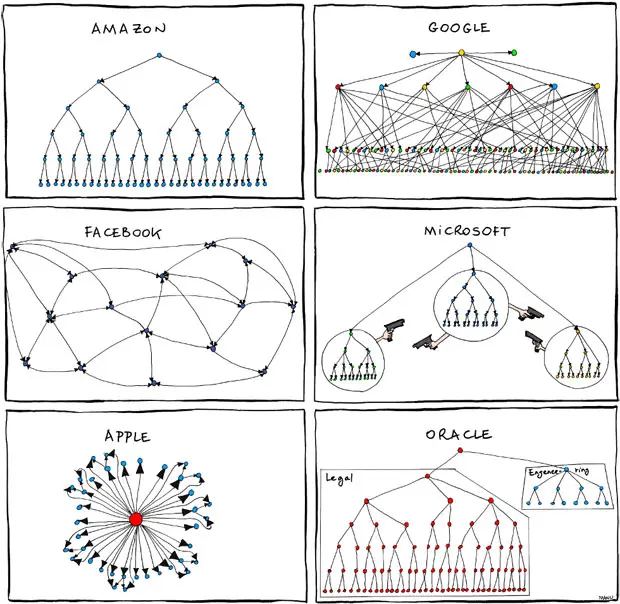
What is it like to experience disruption? Is it a bolt of lightning or does it happen in slow motion? Is it obvious and if it is, who thinks that?
In "Hardcore Software" I'm telling the story of how Microsoft was confronted by the internet in 1994. 1/ …rdcoresoftware.learningbyshipping.com/p/026-blue-sue…
In "Hardcore Software" I'm telling the story of how Microsoft was confronted by the internet in 1994. 1/ …rdcoresoftware.learningbyshipping.com/p/026-blue-sue…
2/ The phrase "disruption" wasn't even around in 1994. In fact the original paper was months away before the language it created came to define the internet. (not yet "Innovator's Dilemma") 
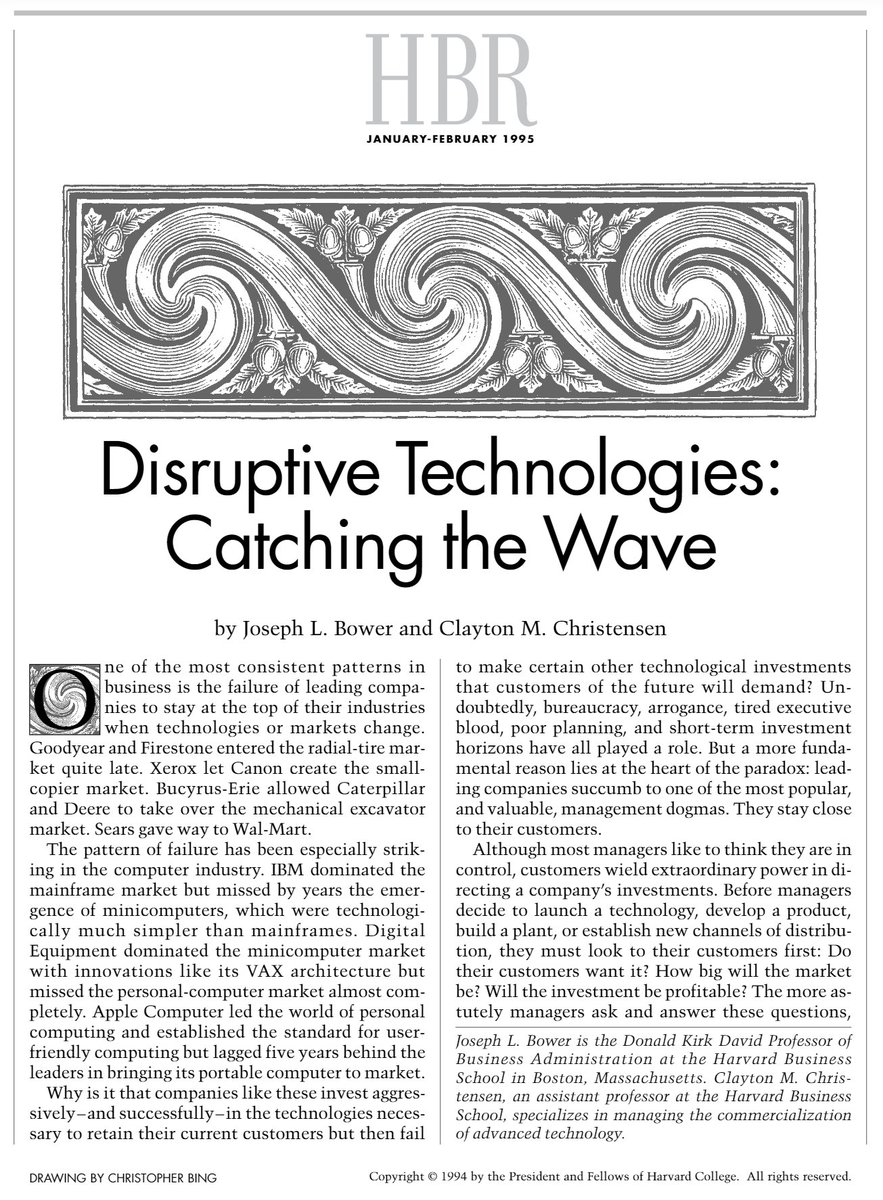
3/ When we first saw breadth of internet technologies all at once, it was still easy to dismiss for the reasons one can imagine. They didn't work as well, they were free, and so on.
I had to become an "evangelist" for the internet. I learned very valuable lessons very quickly.
I had to become an "evangelist" for the internet. I learned very valuable lessons very quickly.
4/ There are two reactions to disruption:
1. This is never going to work and worrying about it is dumb and here's why...
2. This is entirely obvious and failing to change everything is dumb and here's why...
1. This is never going to work and worrying about it is dumb and here's why...
2. This is entirely obvious and failing to change everything is dumb and here's why...
5/ It seems so silly but that is literally what happened to me as I demonstrated the internet to some of the biggest names in technology, entertainment, communications, and across all of Microsoft.
Meetings were all about idiots--except which ones?
Meetings were all about idiots--except which ones?
6/ As one example, I found myself constantly making this (simplified) table of "superior" Microsoft technologies versus the web technologies that were just coming into existence--the ones I was demonstrating on my MacBook Duo. 

7/ One view of this table was "that's idiotic...all those things on the right are toys". The other view of the table was "we're screwed, everything on the left is "all wrong'"
Then came the economics and business people...
Then came the economics and business people...
8/ Who pays for all this stuff? Who maintains the code? How much does it sell for? Who are the sales and support people? Who is going to pay for connectivity?
And on and on...
And on and on...
9/ Many of you might have experienced this dynamic, perhaps even at these extremes (internet, cloud, mobile, ML, etc.)
Most likely you also faced this looking up an increasingly skeptical management chain.
There are two challenges in this situation....
Most likely you also faced this looking up an increasingly skeptical management chain.
There are two challenges in this situation....
10/ First, no matter what ends up happening someone always said it would. No matter what course of action you take, the whole time people are going to be reminding you "told you so". Every time the internet had a hiccup or we won a deal with old tech, we were wrong.
11/ Second, at the same time disruption takes time...a lot of time. Even if everything you believe will happen does happen, there's a very good chance it will take a decade or more. And that whole time you'll be wrong. That makes change incredibly difficult.
12/ And one other thing, not everything is disruption. In fact even defining what disruption is turns out to only work in hindsight. Was it the internet? Was it the browser? Was it HTTPS? Advertising?
Which technology matters when is a huge part of this.
Which technology matters when is a huge part of this.
13/ Everyone is going to face a moment where they are either saying "nope this isn't a big deal" or "OMG this is the biggest deal ever". But everyone is yelling "this is disruption" ... "this is existential"
It is one of the most difficult situations to face in technology.
It is one of the most difficult situations to face in technology.
14/ In the next installment of …rdcoresoftware.learningbyshipping.com we'll look at what it was like to demonstrate the Internet to those that were not sure if it mattered or not. Join in and subscribe. It is fun. I think there are lots of lessons in the story. //END
PS/ By the way, this whole story was also detailed at the time in BusinessWeek Magazine in 1996. I'll be talking about that because there are even lessons in how the way events are reported influences how the team thinks about what is happening. 

• • •
Missing some Tweet in this thread? You can try to
force a refresh




